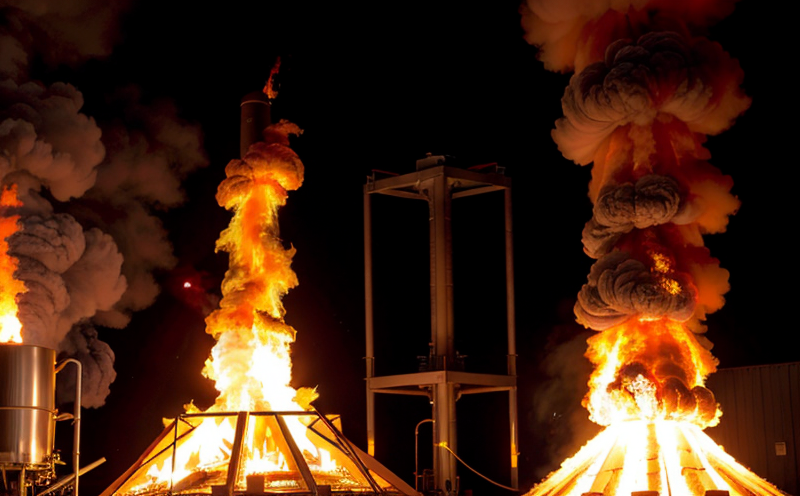Protective Garment Flammability Testing
In today’s industrial and manufacturing sectors, the safety of workers is paramount. Protective garments are designed to provide a barrier against harmful chemicals, physical hazards, and fire risks. However, these garments must also meet strict flammability standards to ensure they do not ignite or burn excessively in hazardous environments.
Flammability testing evaluates how quickly a material ignites, burns, and extinguishes when exposed to an external flame source. This is critical for protective clothing as it ensures that the garment does not catch fire easily or continue burning once the source of ignition is removed. Failure during flammability tests can have severe consequences, including injuries or even fatalities.
At Eurolab, our Protective Garment Flammability Testing service adheres to international standards such as ASTM D6413-20 and ISO 13565-1:2017. These standards provide precise protocols for testing the flammability of fabrics used in protective clothing. Our experienced team ensures that every test is conducted with accuracy, ensuring compliance with industry regulations.
The first step in our testing process involves selecting appropriate specimens according to the standard specified by the client or regulatory body. Specimens are prepared carefully to mimic real-world conditions as closely as possible. Once prepared, they undergo rigorous testing using specialized equipment designed for flammability assessment.
Our laboratories house advanced calorimeters and other instruments capable of simulating various ignition scenarios. These tools measure key parameters like heat release rate (HRR), oxygen index, and smoke production. By analyzing these metrics, we can determine whether the protective garment meets required safety thresholds.
The results from our flammability tests are comprehensive and detailed. They include not only pass/fail outcomes but also quantitative data that helps clients understand exactly how their garments perform under extreme conditions. This information is invaluable for improving future designs or modifying existing products to enhance worker safety further.
Industry Applications
| Industry | Application |
|---|---|
| Mining | Testing protective garments worn by miners to protect against both chemical spills and potential ignition sources. |
| Hazardous Waste Management | Evaluating the effectiveness of personal protective equipment (PPE) used in handling highly flammable waste materials. |
| Firefighting | Ensuring firefighters' turnout gear does not catch fire easily or persistently during rescue operations. |
| Petrochemicals | Assessing the flammability of protective clothing used by workers handling volatile organic compounds (VOCs). |
- Mining: In mining operations, there is always a risk of exposure to both chemical hazards and open flames. Flammability testing ensures that miners wear garments that won’t ignite or continue burning if they come into contact with flammable substances.
- Hazardous Waste Management: Workers in this field often handle highly flammable materials. Testing the flammability of their protective clothing helps prevent accidental ignition and subsequent explosions.
Eurolab Advantages
At Eurolab, we pride ourselves on delivering accurate, reliable results that meet or exceed international standards. Our state-of-the-art facilities are equipped with the latest technology and staffed by highly qualified professionals who have extensive experience in flammability testing.
- Accurate Results: Utilizing precise instruments and methods ensures consistent and repeatable test outcomes.
- Compliance Assurance: We stay up-to-date with the latest standards and guidelines, ensuring that all tests comply fully with relevant regulations.
- Expertise: Our team comprises industry experts who understand both the technical aspects of flammability testing as well as its real-world implications for worker safety.
Customer Impact and Satisfaction
- Peace of Mind: Knowing that their protective garments have passed rigorous flammability tests gives customers confidence in the safety of their workforce.
- Regulatory Compliance: Ensuring compliance with strict industry standards helps clients avoid costly fines and legal issues associated with non-compliance.





